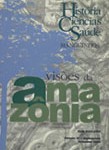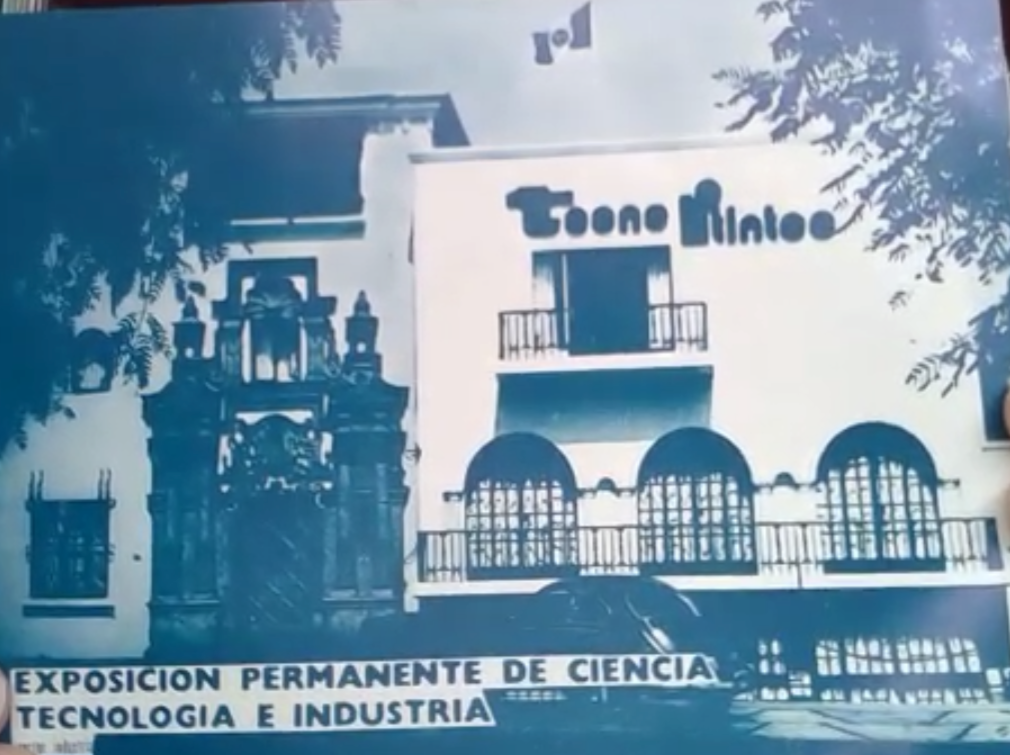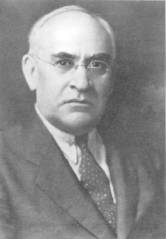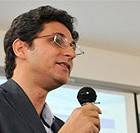7 April 2023, World Health Day 2023
The articles are the outcome of the presentations of three meetings staged by the cooperation between Casa de Oswaldo Cruz and the University of York in 2014, 2015, and 2016.
The five papers that make up the dossier present the dynamics of public health, politics and culture in Haiti, Cuba, Jamaica, Brazil, Peru and Bolivia, and the knowledge circulation networks with Europe and the United States.
Related articles:
Public Health Policy in Latin America (v.24, n.4, out.-dez. 2017).
30 years of SUS in our pages Thirty years ago, on September 19, 1990, Law 8,080 was enacted, creating the Unified Health System (SUS). To celebrate this remarkable moment, we highlight some articles and texts already published in our journal and blog about SUS, which is playing a decisive role in this pandemic context.
Health reform and the creation of the Sistema Único de Saúde: notes on contexts and authors, by Historians Carlos Henrique Assunção Paiva and Luiz Antonio Teixeira, from Casa de Oswaldo Cruz/FIOCRUZ, explains how within the context of the return to democracy, the new constitution enacted in 1988 transformed health into an individual right and initiated the process of creating a public, universal and decentralized health system, profoundly altering the organization of public health in Brazil. The essay discusses the main institutional, political and social aspects of this health reform, along with the changes, the continuities and the major initiatives, based on the literature published by the most widely read authors in this field of study.
The right to health – In 2016 we interviewed two experts on this subject, José Paranaguá and Carlos Henrique Paiva.
“Health is everyone’s right” – José Paranaguá is a reference in Brazil and Latin America in terms of community health, international health and bioethics. He is a doctor and has a PhD in health sciences. Among his many awards, he received the Oswaldo Cruz Medal of Merit in 2009 from the Brazilian Ministry of Health.
For an universal health system – Carlos Henrique Paiva is Assistant Professor of the Graduate Program in The History of Science and Health at the Casa deOswaldo Cruz. Carlos Henrique Paiva has published several articles and books about the history of public health in Brazil, health reform and the Brazilian National Health Service (SUS).
Political challenges facing the consolidation of the Sistema Único de Saúde: a historical approach, by Paulo Henrique de Almeida Rodrigues Professor, Instituto de Medicina Social/ Universidade do Estado do Rio de Janeiro investigates the circumstances in which Brazil’s sanitation reform was conceived and the Sistema Único de Saúde (SUS) was constructed.
Haitian immigrants in Brazilian healthcare system It examines how SUS responded to the demands placed by this unexpected contingent of new users.
See our full issue on SUS(v. 21, n.1, jan./mar. 2014):
The meaning(s) of global public health history The papers were prepared before the pandemic, but they are relevant to the moment, as Covid-19 challenges the common assumptions of transnational health.
See our special issue:












